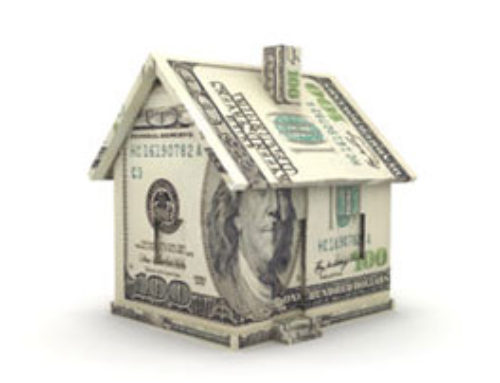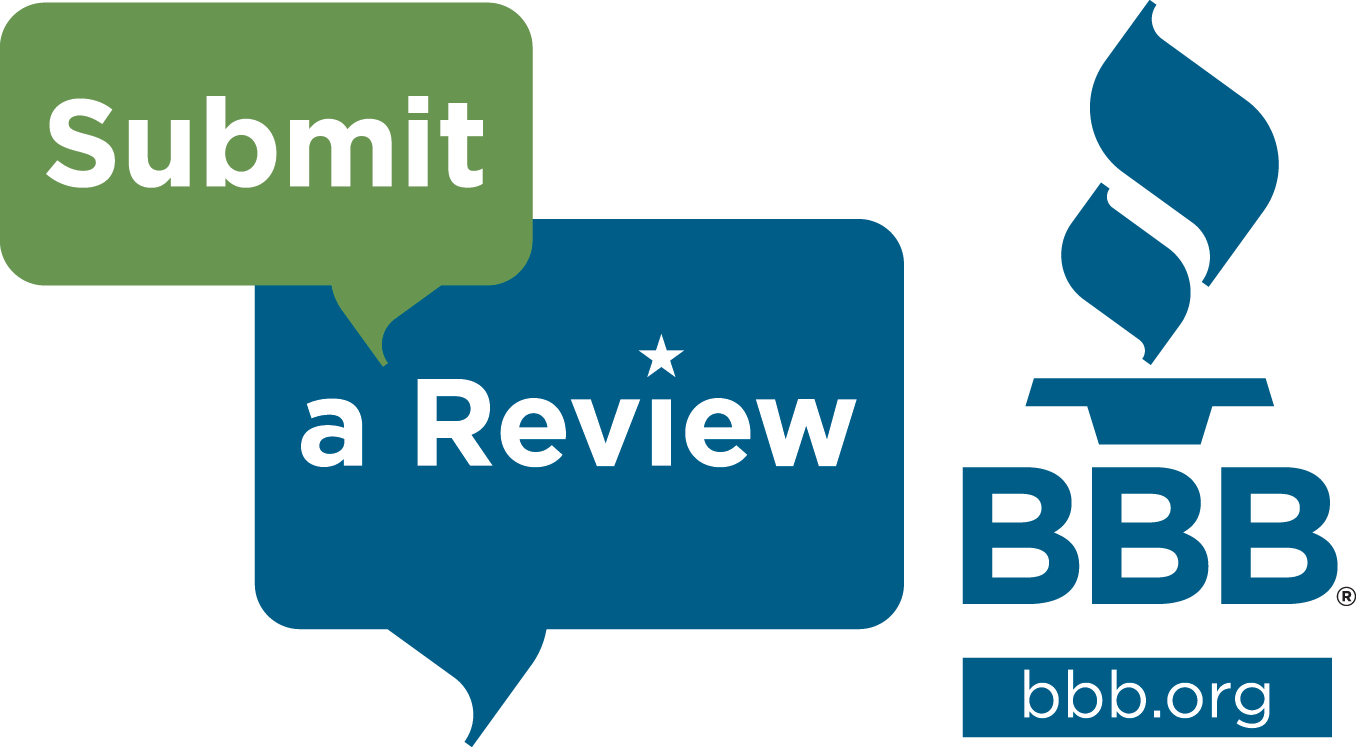4 Questions to Ask Yourself Before You Buy a Home

Here are four questions to ask yourself before committing to a home purchase:
1. Can I afford my mortgage payments?
You should calculate your monthly mortgage payment costs to determine if it is a manageable amount under your current financial situation. You may want to consider an FHA mortgage or other government- backed financing option, if you can’t afford the mortgage payments with conventional financing.
2. Is my credit score good enough?
You should know where your credit score stands before you start looking for a home or begin the mortgage process. Even if you think you have perfect credit, there may be issues or mistakes on your credit report that you are not aware of. A mistake on your credit report can seriously cost you in the long run. If your credit is less than perfect, you can work to build up your credit and hold off on buying a home until your credit has improved, or you can apply for an FHA loan. FHA-insured loans are less risky for lenders, allowing them to offer more lenient qualification standards. Because FHA loan programs offer easier qualifying guidelines than many other loan types, they can be a good option for borrowers who have poor credit.
3. Do I have enough cash saved up?
In addition to a down payment, you will also have to pay closing costs to finalize your loan. This can be a substantial amount of money, so it’s important to plan ahead and be aware of the amount you will likely have to bring to the table. Make sure you have budgeted and saved up enough for these fees in advance, so they don’t catch you by surprise.
4. Am I prepared for unexpected home maintenance expenses?
Unlike renting, when you own a home, it’s your responsibility to pay for any repairs that are needed to maintain your home and to replace anything that breaks. First-time homebuyers often underestimate the cost of home maintenance and repairs. If your fridge or air conditioning unit breaks down, you may find yourself having to shell out a substantial amount of money unexpectedly. So it’s important that you have some money set aside in case unexpected problem like this arises.













